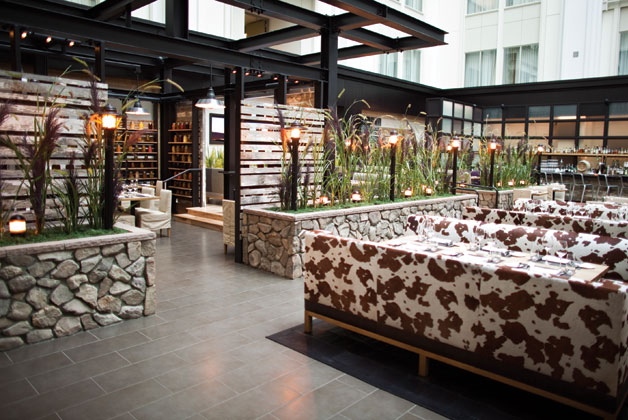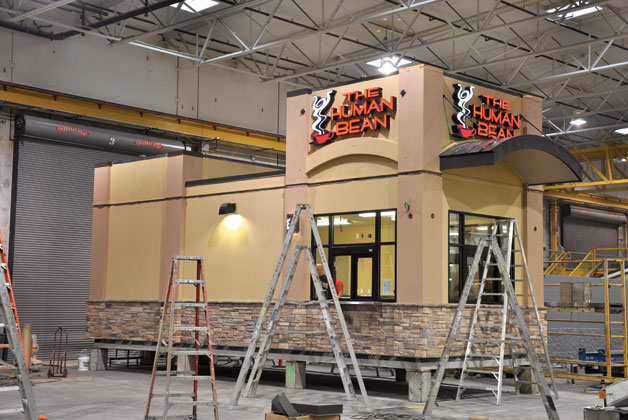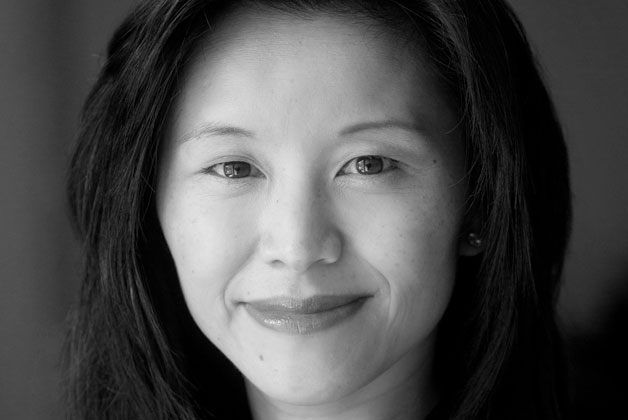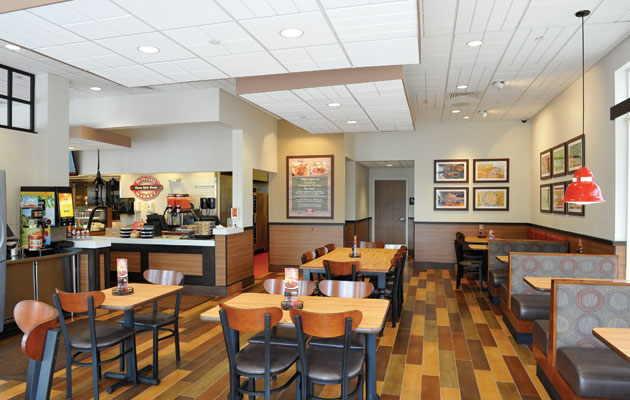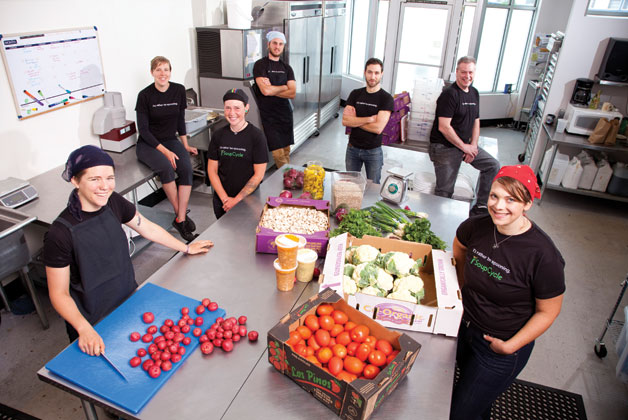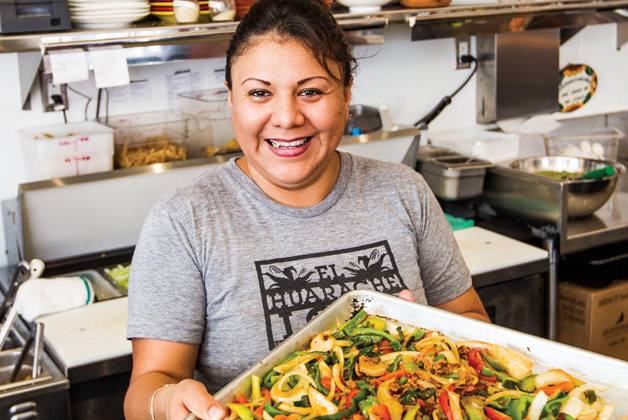Development
- Development
- The Editors
Lux Research, an independent research firm specializing in emerging technology, says the green commercial building sector is expected to grow by $280 billion globally by 2020. Here are five trends driving that growth:
- Development
- Valerie Killifer
Location may still be king, but in today’s restaurant real estate market, strong business intelligence must support curb appeal.
- Development
- The Editors
Bar Louie, a neighborhood bar and restaurant chain, has kicked off an aggressive national expansion plan, projecting 40 new openings for 2013 and 2014. In addition, Bar Louie has plans for nearly 100 new corporate and 100 franchise locations across the United States within the next 5 years.
- Development
- Peter Fabris
It’s a small but growing practice that’s satisfying some chains’ need for speed and uniformity.
- Development
- Amy Cheng
It could be said that behind every successful restaurant brand is a crack legal team working to defend the concept, protect intellectual property, draft critical documents, ensure compliance, negotiate with regulators, manage franchise relations, and anticipate and manage disputes. Chicago-based Cheng Cohen is a leading franchise law firm and its co-founder Amy Cheng is an award-winning lawyer: She was recently honored as Best Lawyers 2014 Chicago Franchise Law "Lawyer of the Year." rd+d tapped Cheng for an update on some of the thorniest legal issues franchisors face today — and a little pro bono advice.
- Development
- The Editors
Boston Market is growing again. The chain, which specializes in rotisserie chicken and home-style side dishes, opened its first new unit in seven years in early September, in Hialeah, Fla. Five more units are planned for this year, as well.
- Development
- Dana Tanyeri
Sure, it's good for what ails you, but soup can also be good for business — at least in the hands of creative entrepreneurs with a reverence for the perfect bowl of soup. From burgeoning fast-casual chains to funky food trucks to urban microsouperies delivering weekly "soupscriptions," soup-centric concepts are popping up all over.
- Development
- David Farkas
Veronica Salazar opened her dream restaurant in Larkspur, Calif., in March of last year with help from La Cocina, a San Francisco-based non-profit. The group, which provides kitchen space and counseling to low-income entrepreneurs, advised Salazar to use crowdfunding to raise a portion of the money she needed to develop El Huarache Loco.

